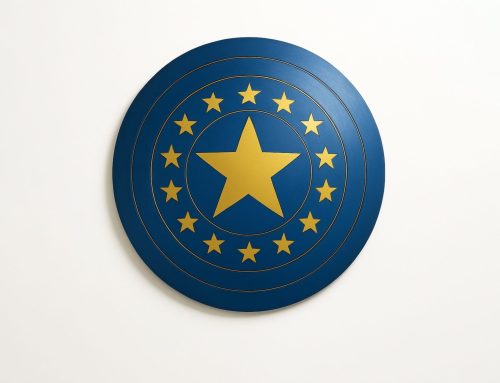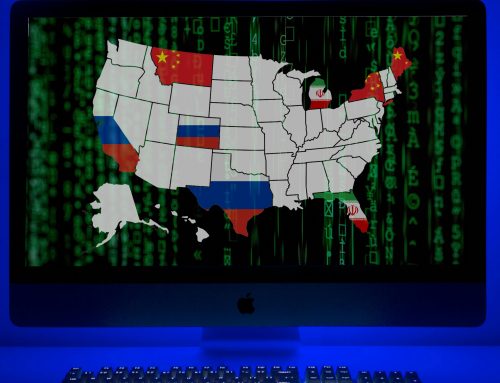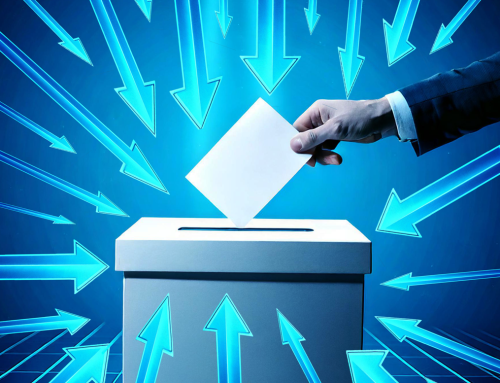Introductory Letter
Governments, civil society and industry recognize the importance of a secure, stable and accessible cyber and digital information space, especially in today’s challenging and unpredictable environment.
In November 2018, the French Government launched the Paris Call for Trust and Security in Cyberspace (Paris Call), recognizing that “cyberspace now plays a crucial role in every aspect of our lives” and that “it is the shared responsibility of a wide variety of actors from all sectors to improve trust, security and stability in cyberspace.”
The Paris Call is the largest multi-stakeholder cybersecurity voluntary agreement, supported by over 1100 entities internationally, including over 75 governments and hundreds of industry and civil society organizations. It relies on a set of nine principles to secure cyberspace, and provide guidance on discussion and action related to cyber threats including those related to election interference.
As co-champions of Principle 3: Defend Electoral Processes under the Paris Call, the Alliance for Securing Democracy (ASD), the Government of Canada, and Microsoft are working together to strengthen our collective capacity to prevent malign interference by foreign actors aimed at undermining electoral processes through malicious cyber activities.
Trust in the electoral process and in the legitimacy of electoral outcomes is fundamental for democracy. Securing democratic institutions from interference requires the smart use of technology, and new models of partnership and cooperation given the ways that the challenge of interference in our democratic institutions crosses all sectors of society. At a time when trust in our institutions is being challenged on so many fronts, bringing a broad range of stakeholders together to increase our resilience in the face of these evolving threats will help ensure citizens can continue to have confidence in how their representatives are chosen.
Throughout 2020, the co-champions brought the global community together through the organization of multi-stakeholder workshops, each one addressing a critical topic related to preventing interference in electoral processes. During these workshops, key observations, ideas and effective practices were collected from a diverse group of experts, practitioners and stakeholders. Based on what we heard and learned in these discussions, we have developed a compendium of good practice that offers election management bodies, governments and other democratic stakeholders a useful resource to support their efforts to safeguard elections and democracy.
The insights and ideas heard in these discussions and reported in this compendium reflect the diverse perspectives and expertise of a truly multi-stakeholder group, not necessarily the views of individual participants or the co-champions. Yet, it is for this very reason that this multi-stakeholder approach to electoral security is so crucial. Indeed, as election processes vary greatly across jurisdictions – along with threats and vulnerabilities – this compendium recognizes that there is no “one-size fits all” approach to protecting democracy. However, by working together as we have done here, we will continue to build global expertise and understanding of ways to counter interference that are effective and appropriate in different situations.
As cyberspace becomes an increasingly important venue for the exercise of democracy and one of the greatest conduits for threats to it, we stand committed to protecting elections from foreign interference and offer this compendium of good practice to those who are working to do the same. Our collective efforts to maintain trust in our democratic institutions will help ensure citizens remain engaged and informed – which in the end is democracy’s best defence.
Brad Smith
President
Microsoft
Dr. Karen Donfried
President
The German Marshall Fund of the United States
The Honourable Dominic LeBlanc, P.C., Q.C., M.P.
President of the Queen’s Privy Council for Canada and Minister of Intergovernmental Affairs




